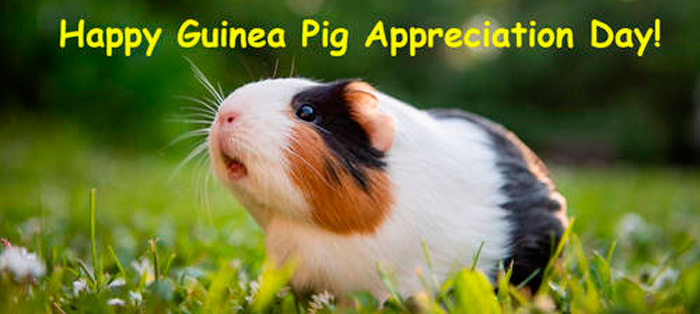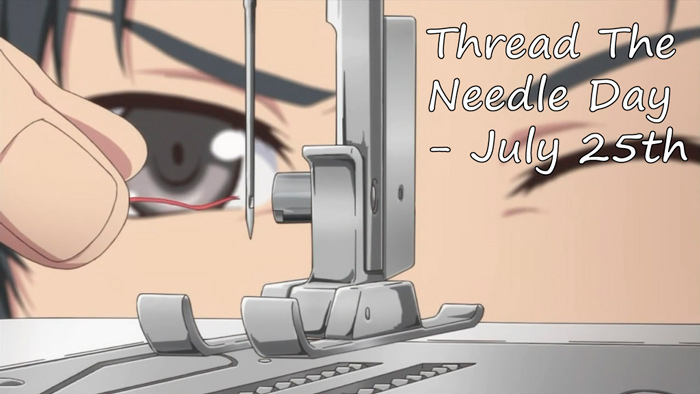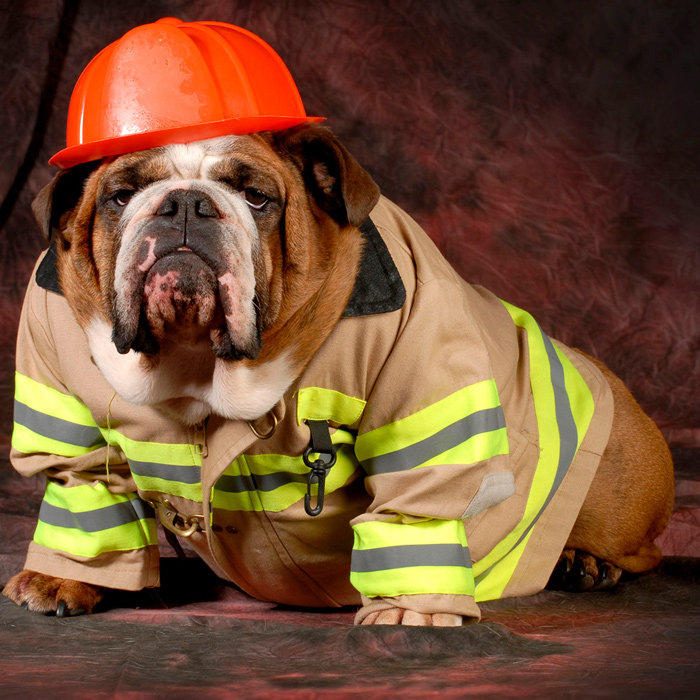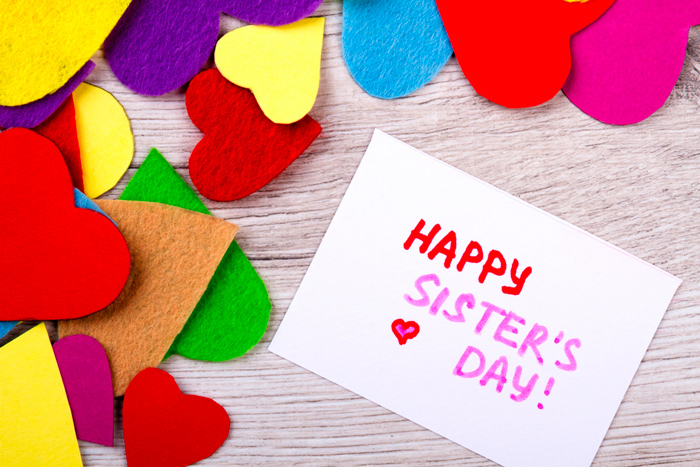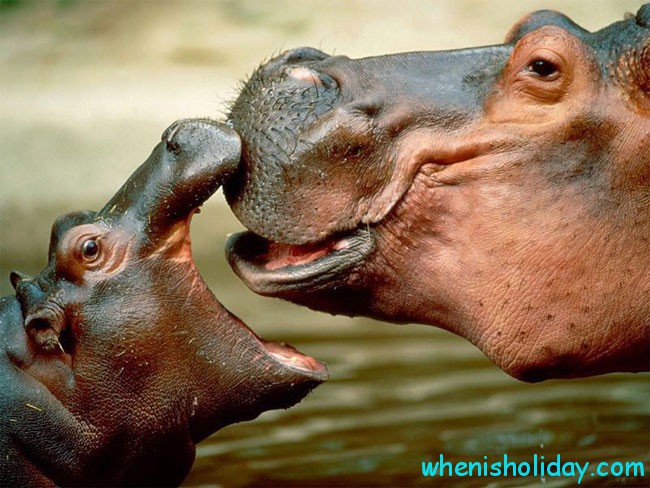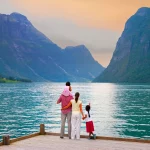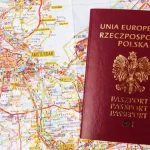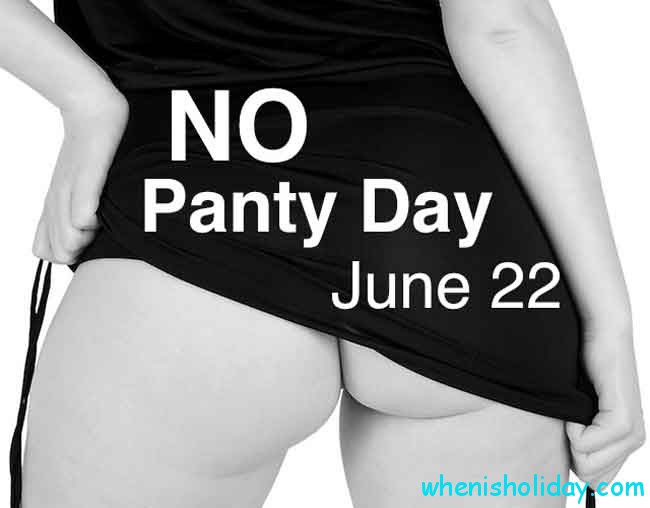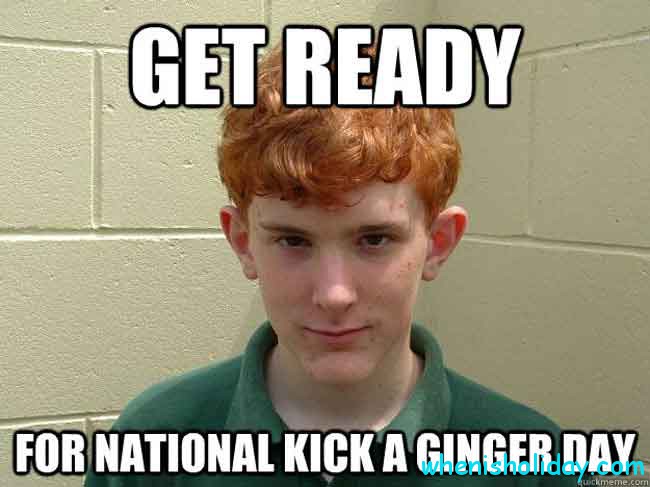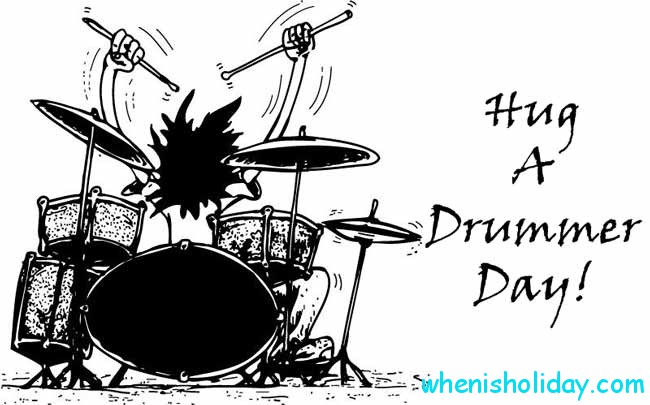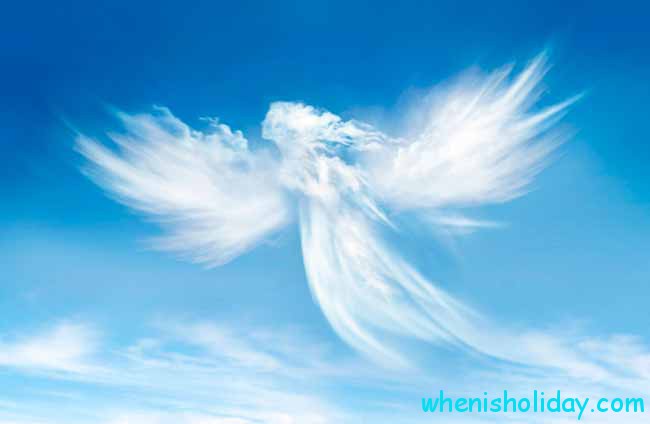When is National Day of Silence in 2020? – We are almost sure that you reply is going to be negative now. As a rule, people don’t know it. And at the same time homophobia (fear of people of non-traditional orientation) and anti-gay attitude are much less common among those members of society who have a friend or family member – gay or lesbian.
History
Discovering the matter, what day World Day of Silence in 2020 is, we can’t but tell our readers about the past of this event.
In 1996, a student at the local University of Eastern American State Virginia, called Maria Pulzetti, made a decision to organize the very first day, devoted to this theme. It was represented in the borders of the curriculum on non-violent protests, involving initially more than 150 students. However, in 1997, the initiative groups tried to move the problem to the higher, in this case, national level. As a result about 100 local educational institutions joined the action.
Since 2000, the American national LGBT organization GLSEN (LGBT – the term originally created in English for common denomination of sexual minorities, which include lesbians, gays, bisexuals and all transgender people in general) has become the official organizational sponsor of this occasion.
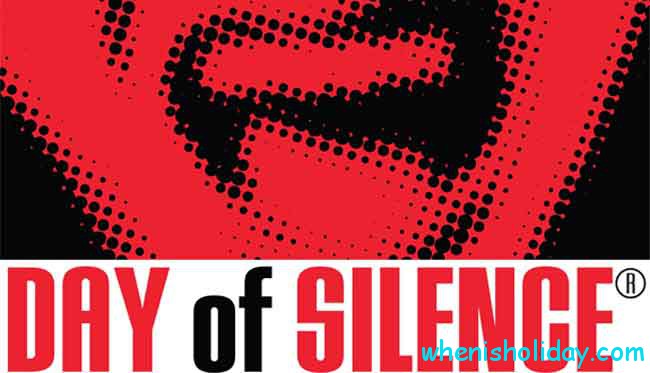
In 2006 it was first held in Europe and Poland became the first country to introduce it.
In 2008 the memorable date was held in the USA, Canada, Poland, Slovenia, Sweden, the Netherlands and Russia. The action was dedicated to the remembrance of the deceased 15-year-old Californian schoolboy Laurence King. The young boy was killed in February 2008 by his 14-year-old classmate for the fact that King was gay.
In 2009, the Day of Silence will be held on April 17 – in the USA, Poland, Slovenia, Sweden and the Netherlands, on April 25 – in Russia.
Meaning
What does National Day of Silence mean? – In fact this question is considered to be among the most difficult ones. You see, there is a huge amount of various thoughts and opinions devoted to this direction.
The main problems faced by homo- and bisexual people as a rule, are not related to their sexuality itself, but mostly to the attitude and living in the social environment in which they are. In some countries (for example, UK, USA, Australia and Holland), the performed studies have shown that gay men and lesbians are much more likely than heterosexuals to be at risk of various kinds of mental and behavioral disorders. The most typical ones are alcohol and drug abuse. Also we can’t but mention that they often suffer from various thoughts of suicidal character and the similar actions, as well as neurotic disorders and, of course, depression. They are usually caused by problems that homosexuals face in everyday life.
Definition
When is International Day of Silence 2020? This is the question, which may seem to be rather difficult, especially for people, who have never heard about its existence. Are you among them? – Oh, please, don’t worry as we are going to give you a detailed definition as to this matter.
So, the International Day of Silence is the annual student action of non-violent protest, held since 1996 in the United States, and since 2006 in Europe. In general it is dedicated to the problems of concealing discrimination, physical and moral violence. The men and women, who are involved, hate crimes and negative attitudes towards a sign of sexual orientation and gender identity.
There is a list of the main problems that homo- and bisexual people face in their daily lives. These things often cause stress, which not only takes away energy and reduces the quality of life, but can also lead to serious health disorders.
These can be problems of overeating, abuse of alcohol, drugs, increased anxiety, depression, suicidal thoughts, abnormalities in the work of internal organs (so-called psychosomatic disorders), and more.
Unfortunately, it is impossible to avoid these situations completely, but everyone is able to minimize stressful influences. To do this, you need to find your own way of maintaining peace of mind and good mood. If you notice that it’s becoming harder and harder to cope with stress yourself, it’s worth looking for help from a qualified psychologist or psychotherapist.
Traditions
When is Day of Silence in 2020, calendar will surely remind you and there is no reasons for being worried about.
However, there are no any universal rules, explaining, how to celebrate April 17 this year. But as you can see people with a heterosexual orientation who are inclined to help their acquaintances with an unconventional orientation to overcome discrimination against them should begin, first of all, with themselves.
We recommend you to devote this day to reviewing all of its stereotypes in the light of research conducted by Western psychologists and psychiatrists. Studies of prejudice, including prejudice against gays and lesbians, invariably show that the damage to the latter is noticeably reduced when members of the majority group (in this case people of heterosexual orientation) interact with members of the minority group.
When lesbians, gays or bisexuals have the opportunity to freely disclose their sexual orientation, heterosexuals have the opportunity to personally contact a person of non-traditional orientation and perceive it primarily as a person.
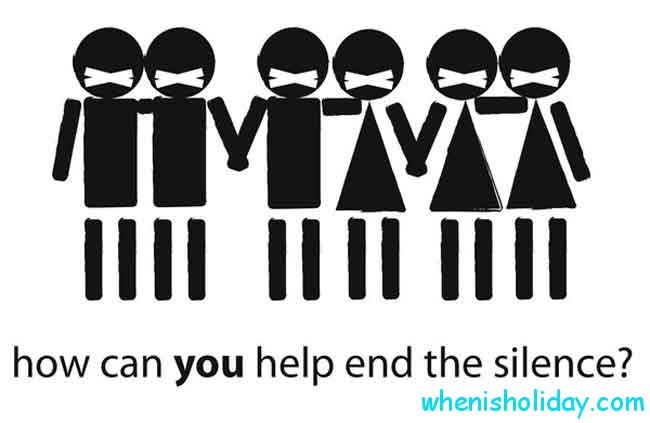
International Day of Silence Facts
As you can see the question “What is the date of National Day of Silence 2020?” needs some additional clarifications.
So there are some troubles caused by problems that homosexuals face in everyday life. Let’s name the most widespread of them:
- Fear to open to parents, friends and colleagues. Even if people around you do not express actively homophobic ideas, their reaction to your recognition is difficult to predict. Additional pressure is caused by questions like: When you are already getting married?
- Lack of acceptance by others. Non-acceptance can manifest itself actively, then quarrels, aggressive actions or statements by relatives or friends are possible. Also, a more passive option is possible. For example, if close people do not take your orientation seriously, they always emphasize that it’s temporary, thinking that sooner or later you have to “get right”.
- A constant sense of insecurity, lack of privacy. In the heterosexual stereotypes of society, the manifestations of same-sex relationships are strongly condemned. Wherever a couple of girls or men go, except for themed clubs and meetings, they can not hold hands, hug each other, or show their feelings in any other way. Otherwise, they risk getting a lot of curious or condemning views, remarks or ridicule in their address, down to aggression and physical violence.
- Legal insecurity. Alas, for the legislation of many countries of the world, gays and lesbians remain invisible people. Unisex marriages are illegal, such couples can not adopt children, only one of the partners is officially considered a parent, etc. Also, if you are dismissed from work because of sexual orientation, your chances of achieving justice through court are approaching zero.
- Social isolation. The above factors lead to the fact that homo- and bisexual people are in some social isolation. They are half-willing, half forced to form their own subculture. The positive side is that consolidation with like-minded people gives a sense of involvement, the ability to communicate without hiding, not to feel lonely.



